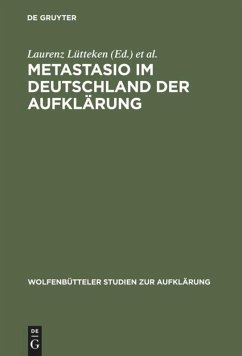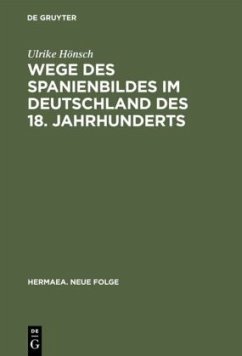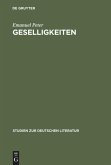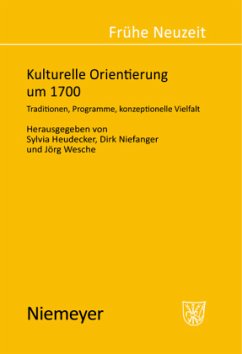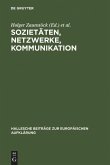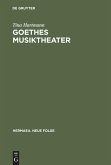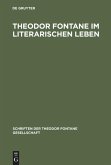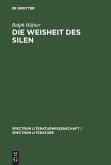The role of Pietro Metastasio (1698-1782) in the 18th century has hitherto been largely defined in terms of its significance for the history of music. As one of the foremost libretto-writers he centrally influenced the course taken by contemporary musical production, notably for the stage. Aside from the plentiful scholarly literature on his libretti, little research has been done on his importance in an area that, outwardly at least, appears to have little to do with the courtly dramma per musica: the bourgeois strongholds of Enlightenment thinking in Northern and Central Germany. This interdisciplinary volume is a first attempt at a detailed study of his significance in this respect, with implications for the history of reception and institutions, music and literature, and the aesthetic culture of the 18th century.
Die Rolle des Dichters Pietro Metastasio (1698--1782) ist im 18. Jahrhundert wesentlich musikhistorisch bestimmt. Als einer der wichtigsten Librettisten hat er die musikalische Produktion, insbesondere für die Bühne, maßgeblich geprägt. Unabhängig von den vielfältigen Untersuchungen zu seinen Libretti ist seine Bedeutung in jenem Bereich bisher weitgehend unerforscht, der äußerlich relativ weit entfernt ist vom höfischen dramma per musica, also in den bürgerlichen Aufklärungszentren Nord- und Mitteldeutschlands. In dem interdisziplinären Sammelband wird diese Bedeutung erstmals ausführlich untersucht, mit Implikationen für die Rezeptions- und Institutionsgeschichte, die Musik- und Literaturgeschichte sowie für die ästhetische Kultur des 18. Jahrhunderts.
Die Rolle des Dichters Pietro Metastasio (1698--1782) ist im 18. Jahrhundert wesentlich musikhistorisch bestimmt. Als einer der wichtigsten Librettisten hat er die musikalische Produktion, insbesondere für die Bühne, maßgeblich geprägt. Unabhängig von den vielfältigen Untersuchungen zu seinen Libretti ist seine Bedeutung in jenem Bereich bisher weitgehend unerforscht, der äußerlich relativ weit entfernt ist vom höfischen dramma per musica, also in den bürgerlichen Aufklärungszentren Nord- und Mitteldeutschlands. In dem interdisziplinären Sammelband wird diese Bedeutung erstmals ausführlich untersucht, mit Implikationen für die Rezeptions- und Institutionsgeschichte, die Musik- und Literaturgeschichte sowie für die ästhetische Kultur des 18. Jahrhunderts.
